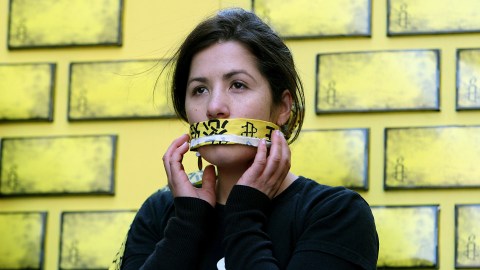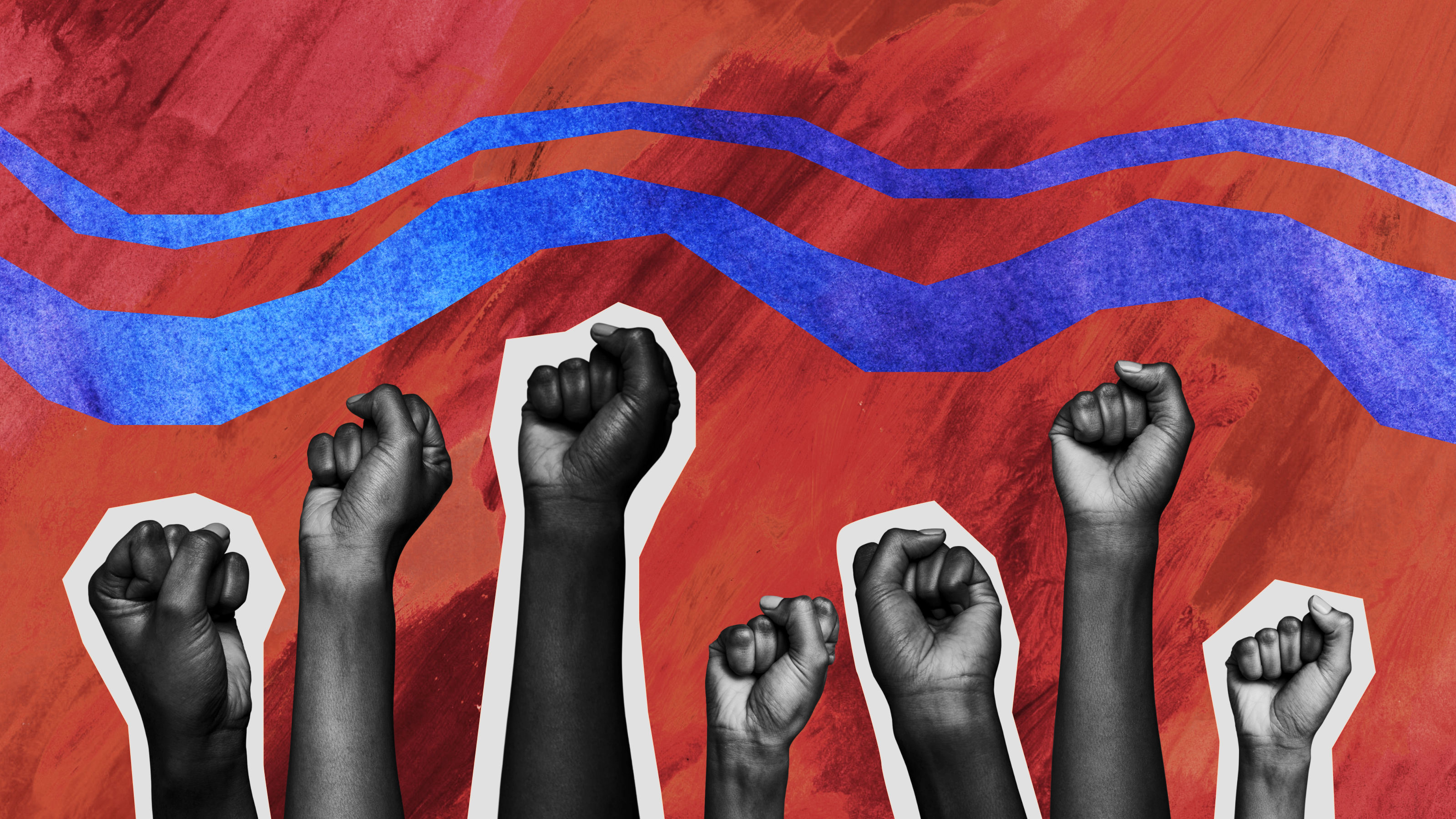France Plans to Build a Great Firewall of Its Own, Second Only to China’s

Leaked documents from the Ministry of Interior indicates the French government may be considering pieces of legislation that would shut down public Wi-Fi in the event of an emergency, and establish systems to block the use of Tor within the country’s borders. These documents were seen and reported on by the French newspaper Le Monde, which reported that this legislation could be introduced as early as January 2016. So much for liberté, égalité, fraternité.
It’s fair to presume this action is in response to the Paris terrorist attacks last month. However, evidence indicates the Paris attacks were coordinated using unencrypted SMS.
The first measure, shutting down public Wi-Fi, would be difficult to implement — effectively giving the government a nationwide kill switch, and leaving those who rely on free public hotspots without access. From a police perspective, however, it’s difficult to pinpoint people who use public Wi-Fi hotspots so this action would make it easier to track activity.
Brad Templeton of Singularity University: Today’s surveillance state transcends George Orwell.
The second piece of legislation, blocking Tor, would be quite complex, and has only been achieved by one other country: China. Its Great Firewall blocks connections known to be Tor entry nodes. These aren’t hard to find, as they’re publicly listed. Enforcing such a ban would require the cooperation of Internet service providers to rat-out their users to government officials if such legislation were to pass. However, this action would be bad news for journalists, whistleblowers, or anyone who wants to search the web privately.
“There’s no way I would have been able to protect the initial source without using Tor,” said Laura Poitras, the filmmaker responsible for the documentary Citizenfour. “Fundamentally, without Tor and other free software tools I wouldn’t have been able to do the reporting, and the story would not have been broken.”
Banning encryption and anonymous networks isn’t going to stop terrorism. Privacy — our ability to communicate without being scrutinized by our government — is paramount to keeping citizens of democratic countries free. If France passes such illiberal legislation it may set a dangerous precedent.
***
Natalie has been writing professionally for about 6 years. After graduating from Ithaca College with a degree in Feature Writing, she snagged a job at PCMag.com where she had the opportunity to review all the latest consumer gadgets. Since then she has become a writer for hire, freelancing for various websites. In her spare time, you may find her riding her motorcycle, reading YA novels, hiking, or playing video games. Follow her on Twitter: @nat_schumaker
Photo Credit: GREG WOOD / Getty Staff





